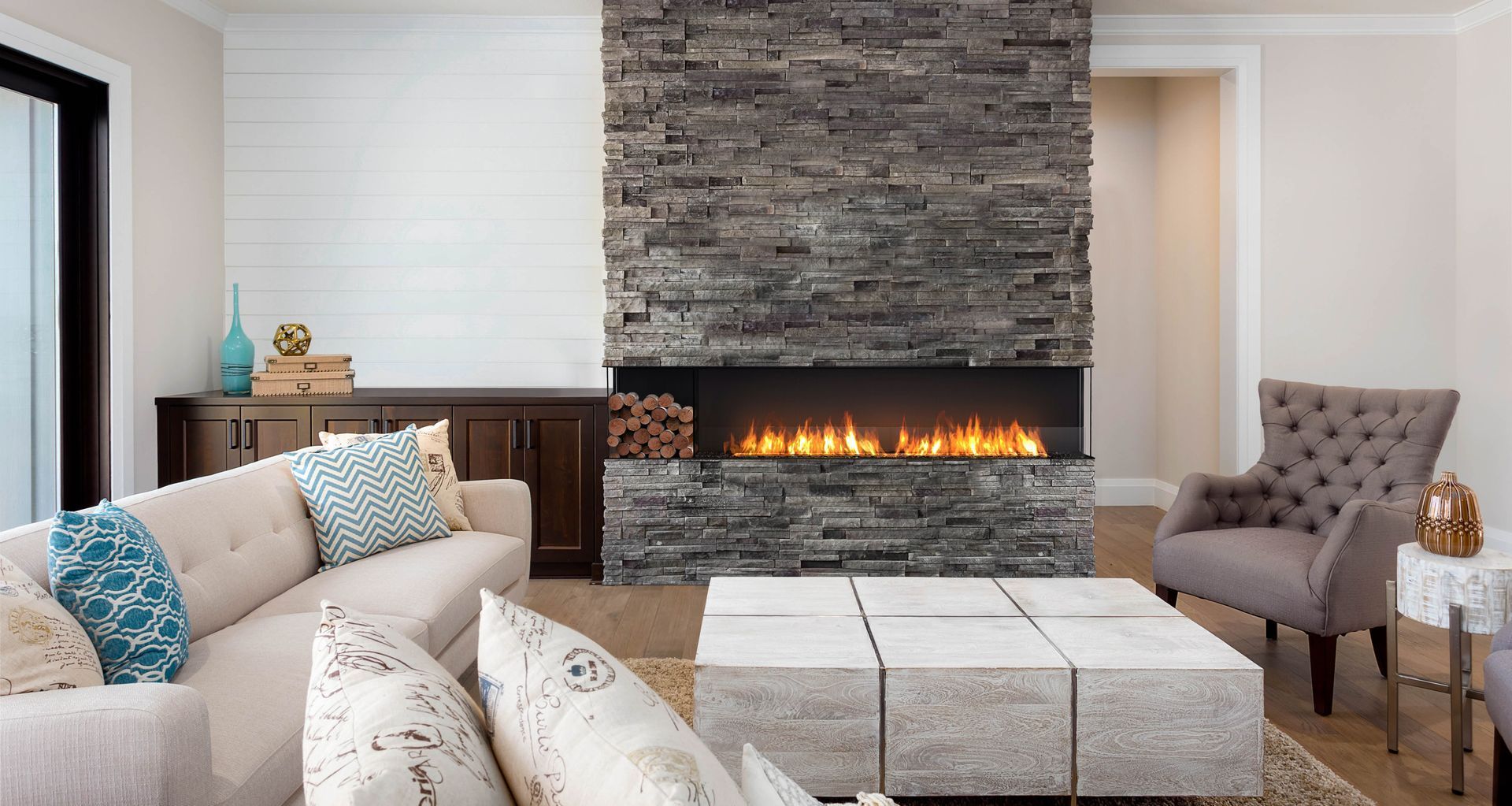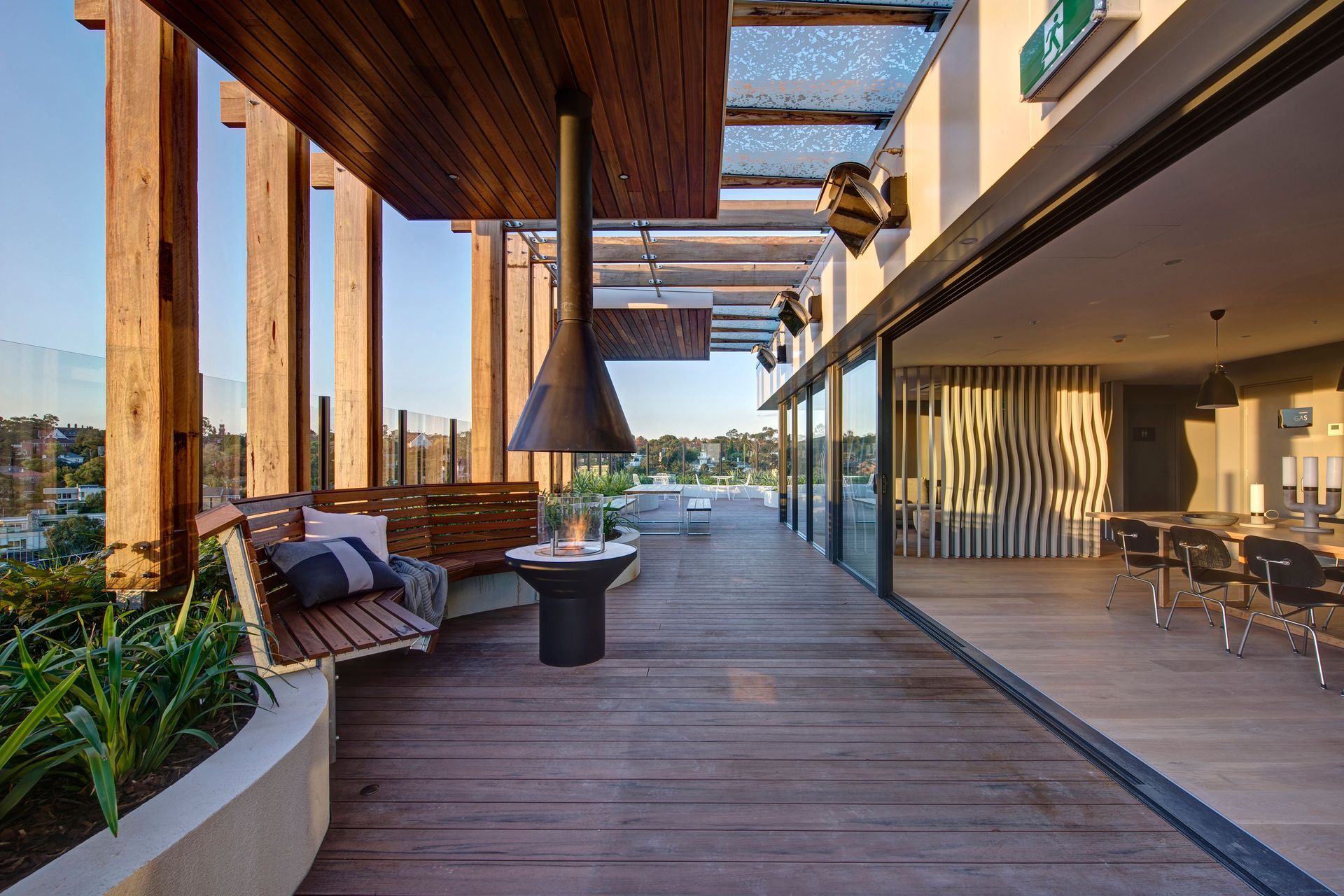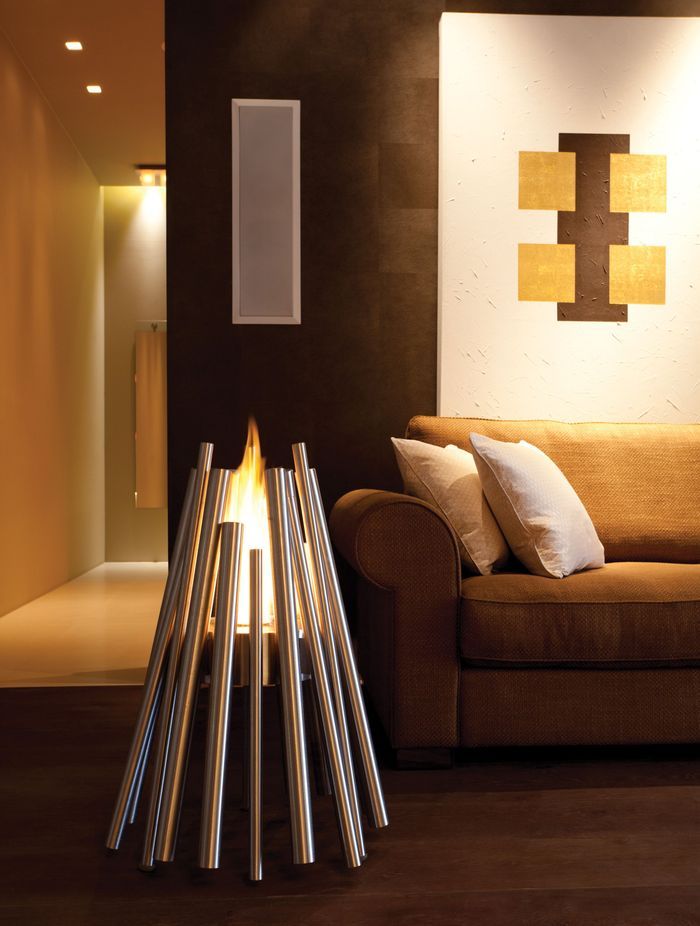The naked way: plant-based fuel
Written by
11 June 2018
•
3 min read

Gas has been a go-to in recent years for household fireplaces. It has been competing with more traditional wood fires, and now has a significant market share. But there’s a new competitor on the scene and one that boasts many benefits in terms of efficiency and sustainability.
That’s biofuel fires; fires that burn plant-based fuel. These fires are incredibly clean-burning, don’t require a chimney or flue, can be portable, and often don’t require any consent to install.
Why Choose Biofuel Fires?
“As gas prices rise in future, it’s worth thinking about the most efficient forms of heating, and gas won’t be the best option for much longer,” Naked Flame’s Richard Lee says. “When it gets to the point that we run out of the resource in New Zealand because the government has banned any further oil and gas exploration offshore, the prices will jump significantly.
“So it bears thinking about what the alternative options are, and one of the best options is the biofuel fire. Wood is also good because it is a renewable resource, and it has its own set of benefits,” Richard says. “Biofuel is a good option because it is a by-product of food production.”
Naked Flame supplies biofuel throughout New Zealand, which is made from sugar cane, after it is used for food; a waste product that would otherwise naturally degrade. “What’s fantastic about biofuel is that when it burns, it creates the closest to a wood flame available. Compared to gas fires that create a steady, consistent flame pattern, biofuel flames are lazy, natural flames like those from wood.”
A BioFuel Fireplace - No Smoke, No Ash
Because the biofuel fires are so clean, they don’t require a flue or chimney, and in most cases also don’t require consent from territorial authorities to install because there is no penetration of the waterproofing barrier of the house.
“The other benefit of not requiring a flue or chimney is that all the heat generated stays within the room as opposed to other forms of fires where heat is lost through the chimney,” Richard says.
The options are vast in terms of biofuel fires, with many portable options, and a large range of design options to choose from. It’s also possible to customise the available design to some extent.
If you’re considering the options for fireplaces, make sure you get in touch with Naked Flame on ArchiPro here to have a look at the latest in contemporary, clean-burning options, or visit their Auckland showroom in Takapuna.


